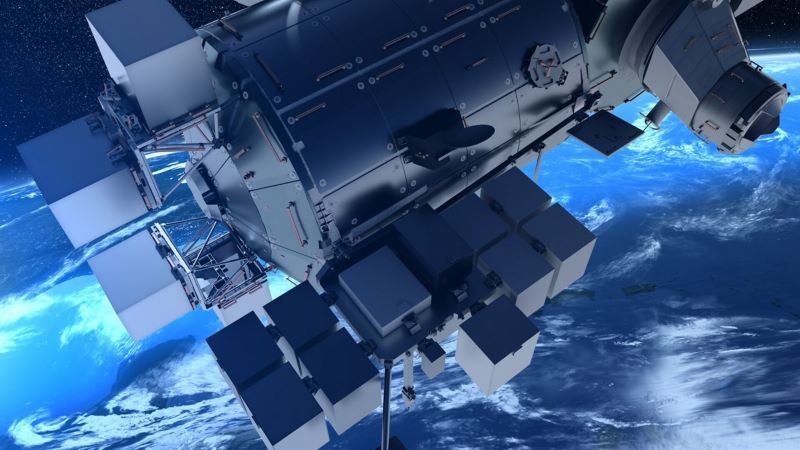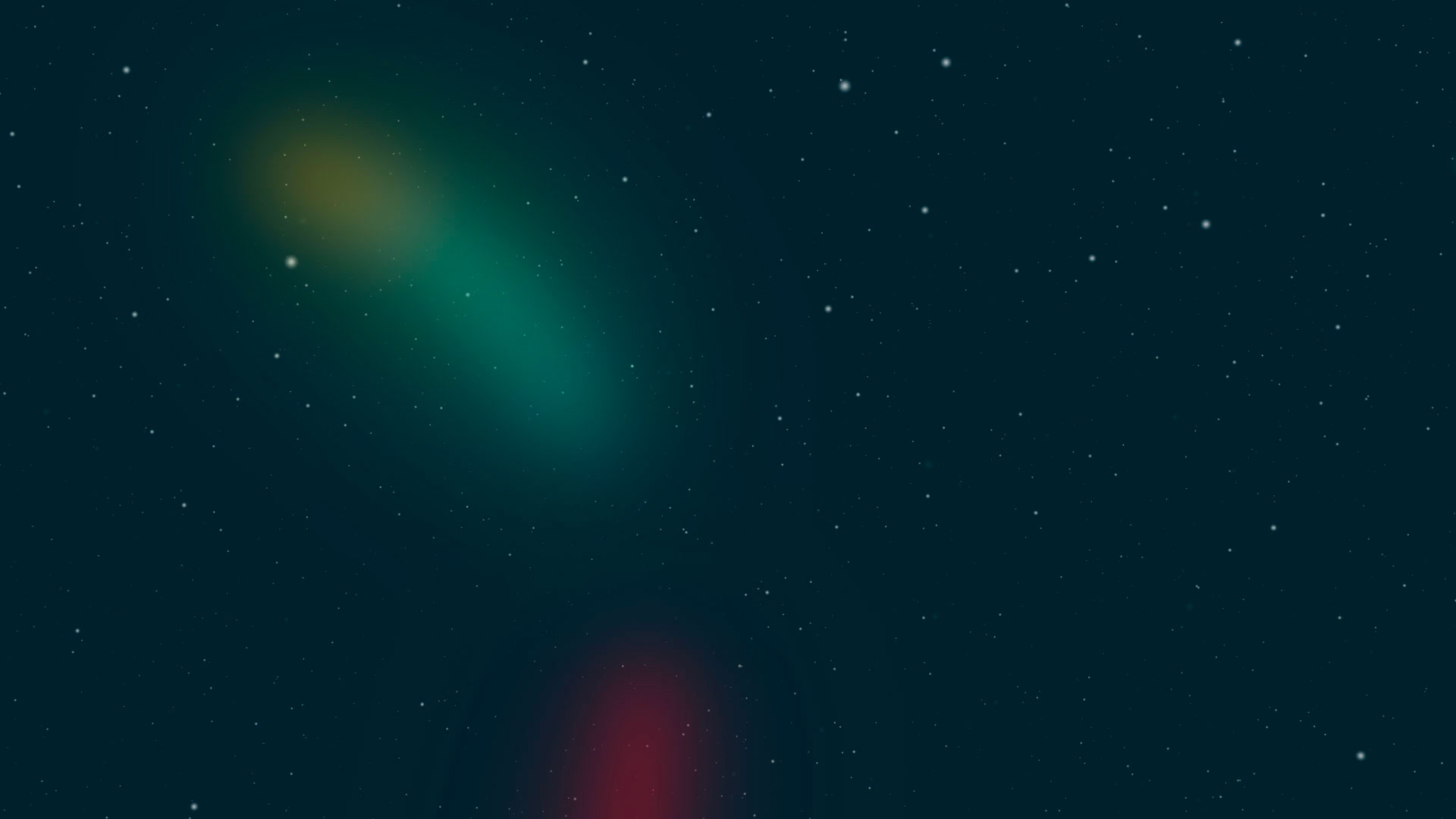Space debris removal leaping forward
One month after the satellite monitoring and collision detection firm LeoLabs spotted a near-miss between two defunct Soviet space objects, the space debris removal market has made a huge leap forward. Indeed, ClearSpace, the Swiss–based leader of in–orbit servicing and active space debris removal, and its industrial partners have successfully passed their first major programme review with the European Space Agency for its ground-breaking mission to remove large debris from Earth orbit. In mid-January 2023, the company announced that it had finalised a 26.7 million euros series A financing round.
Booming AI for space market
Artificial intelligence applied to space is under the spotlight. In Europe, an agreement between Thales and LuxCarta, a company specialised in the production of geospatial products derived from satellite imagery, was signed to offer AI-enhanced solutions for intelligence and military cartography. Also, the Dublin space-tech company Ubotica Technologies has unveiled its latest hardware platform which is designed to get AI into orbit to perform various applications such as real-time navigation, collision avoidance, image analysis, etc. In the United-States, Capella has just recently announced that it will launch its Analytics Partner Program that will empower partners to develop AI-powered geospatial solutions for a wide range of industry verticals.
Success of overseas academic-commercial partnerships
Successful academic-commercial partnerships appear to flourish overseas. The Australian Space Agency, hand in hand with the University of Tasmania, unveiled a unique 7.3 metre communications antenna that will allow new research and commercial opportunities for Australia and beyond. In the United States, Planet and Arizona State University (ASU) announced an expansion to their strategic partnership where Planet will introduce more funding for ASU students research. In the African continent, media also highlight that universities appear to be essential parts of the African space ecosystem as they nurture and produce qualified personnel to participate in various sectors of the African space industry.









